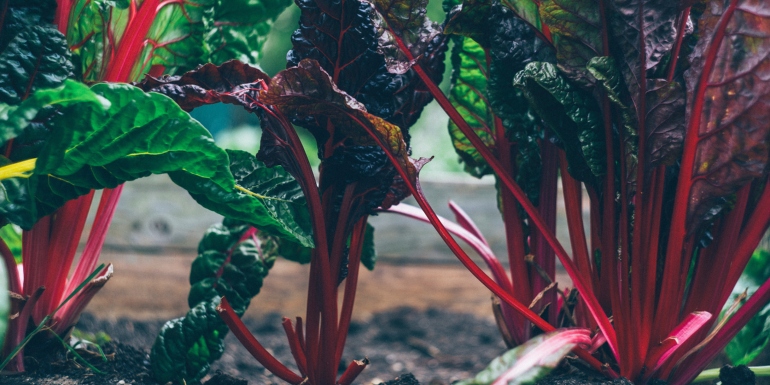
Hey girls! How are you enjoying the spring season? We love the vibe – first suntan, a few freckles and simply more motivation to keep it all up! There’s one more reason why we love the spring sun so much – stands filled with delicious seasonal fruit and vegetables.
“Seasonal and local” – you are probably familiar with that overused phrase that recently happens to appear in every second menu card. That trend began a couple of years ago when plenty of restaurants set up their own gardens to promote their asparagus menus. We are not much of trends followers but eating seasonal is part of our life’s philosophy. All in all, it’s about our own bodies and well-being.
How can you profit from eating seasonal food? We can easily list and explain five reasons why it is well worth modifying your plate according to the seasons.

Firstly, seasonal products contain the highest concentration of vitamins and minerals. Strawberry seasons means a period when this fruit is the tastiest and the healthiest. Of course, these days you can eat berries every day, but the frozen ones or imported ones are not even close to locally-picked fruit in the season. The time between picking a fruit or vegetable and serving it is essential – the shorter it is, the more good stuff there is in the food when you eat it. That is why winter potatoes contain fewer nutrients than in the spring.
Secondly, seasonal food tastes amazing! If you were lucky enough to run around in the country during your childhood summers, you can surely remember the taste of straight-from-the-bush fruit or bullion cooked from spring vegetables… During the season, food reaches its optimal mellowness, it’s way more healthy and tastes the best. You know very well that a tomato bought at the supermarket in January has nothing to do with a July fruit.

Thirdly, seasonal cooking is budget cooking! Food is being sold shortly after being picked and it often comes from a local cultivation so its price it’s decreased as per transportation and storage costs. Bingo!
Supporting local agriculture – another point. By selecting seasonal goods, grown within your latitude you support local farmers and fruiterers. It’s a small gesture on your end but it may have a big impact, especially on small growers caring for niche strains of fruit and vegetables.
Last but not least – eating according to seasonal rhythm shows we care about the environment. Food doesn’t need to be transported through half a continent which improves the quality of air. Seasonal and local cultivation doesn’t require as many pesticides as post seasonal tillage – extra fertilized and conservated to survive long transportations. Remember, the shorter a product needs to travel from a farmer to your kitchen, the better for you and Mother Nature.
So, what do you say to asparagus and spring beetroot for dinner?




Leave a Reply Cancel Reply